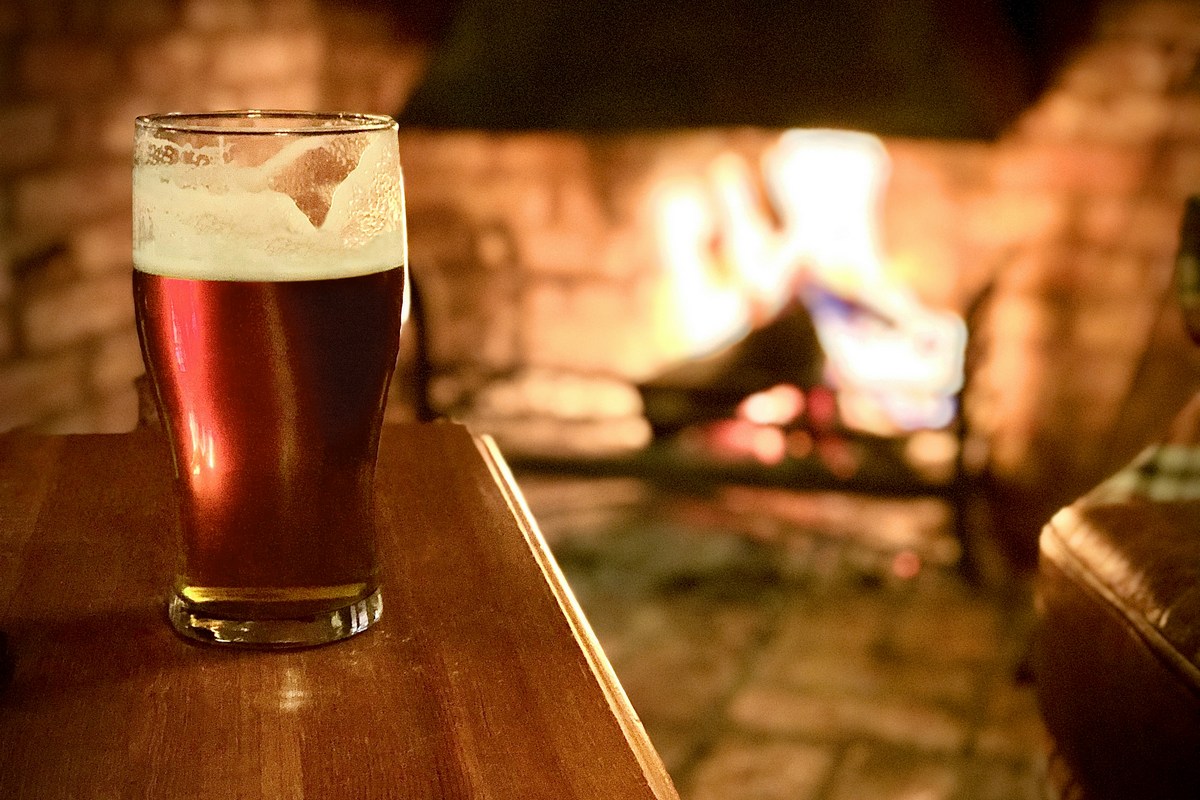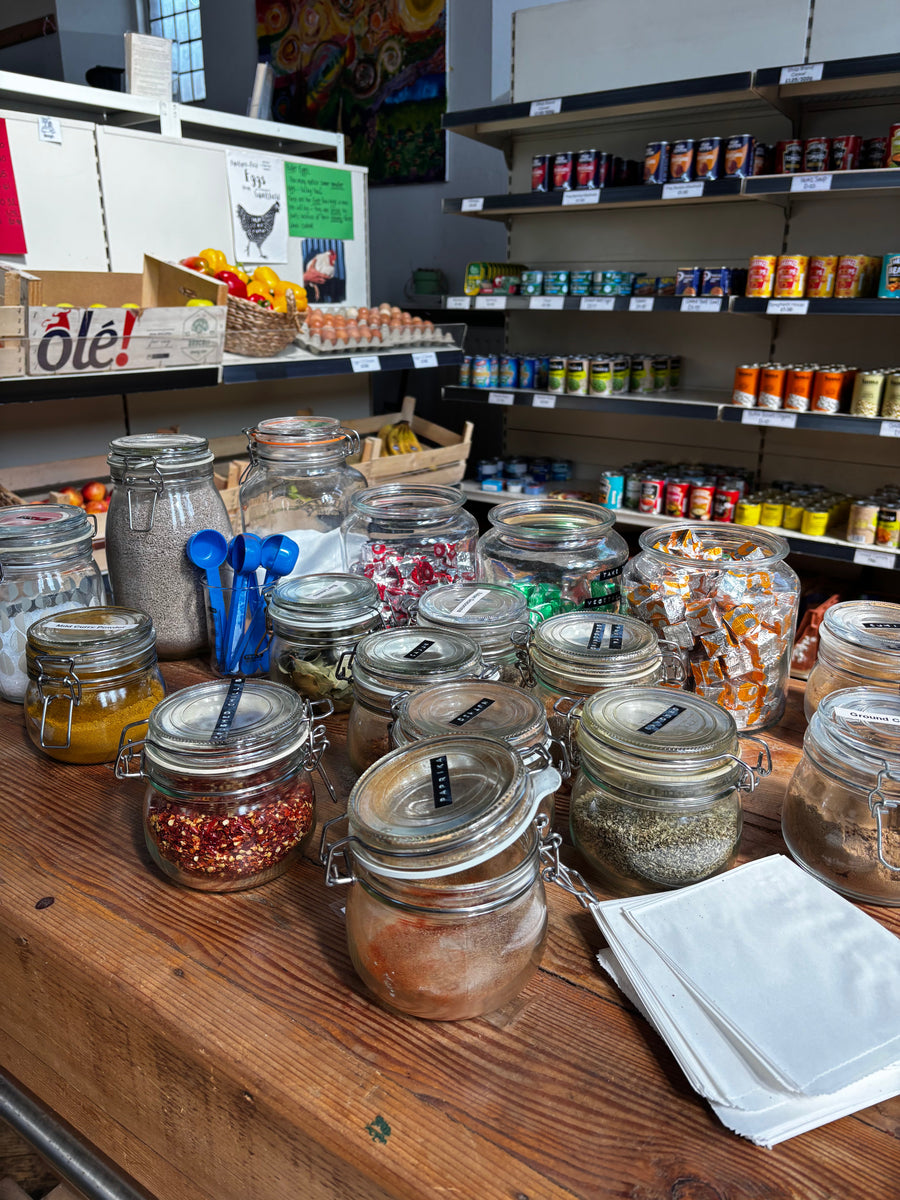Britons believe the tax system is failing the nation’s pubs, with new polling showing that nearly three-quarters consider business rates unfair. More than half would back a political party that cuts pub taxes.

The new poll, commissioned by the British Beer and Pub Association (BBPA), reveals that the business rates burden on pubs has become politically contentious.
More than half of Britons polled (55%) say they would vote for a party that promises to ease the tax pressure on pubs. Support climbs to 73% among 25- to 34-year-olds.
These findings land as the BBPA warns that, without meaningful business rates reform, Britain’s pubs and breweries will struggle to survive. Pubs will continue to close at a rate of one per day.
The cut from a 75% rate relief to eligible pubs, down to just 40%, was estimated to cost the pub sector £98m. On top of this, publicans now keep just 12p on every pint sold, squeezed not only by unfair tax, but also by rising energy bills, staffing costs, and regulatory pressures.
“This data is crystal clear that many see pubs as a lifeline instead of a luxury,” said Emma McClarkin, chief executive of the BBPA. “However, too many pubs are finding it impossible to keep the doors open when they’re up against so many punishing rates and regulations.
“When a pub closes it not only takes away the heart and soul of the community, but hurts working people and their families who rely on those wages.
“The government can turn this around by delivering meaningful business rates reforms that will ultimately boost jobs, high streets, and the economy.”
The BBPA-commissioned poll findings show that the public agree that pubs are central to communities. Fifty-five per cent of respondents say that a good local ranks in their three most important neighbourhood amenities, ahead of schools, places of worship, and gyms. And 58 per cent say they have attended or organised an activity such as a playgroup, darts night or book club in a pub during the past year.
Despite this role, pubs still pay significantly more in business rates than comparable community spaces. That disparity helps explain why 76% of those polled believe pubs that host community services deserve a reduced tax burden, the BBPA says.
• The business rates appeal system (the Check Challenge Appeal process) is storing up a “tsunami” of appeals over the next seven months, according to Colliers.
According to government statistics, in the 27 months since the beginning of the 2023 list (1st April, 2023, to 30th June, 2025), 162,440 checks (the first part of the appeal process) were registered, of which 17,330 are still outstanding.

More concerning is that of the 35,910 of these which progressed to the challenge (second) stage of the process, well over half — 20,160 (or 56 %) — were still outstanding nine months before the end of the three-year list.
And only 9,340 (26%) of challenges had been resolved so far, with 6,410 (18%) labelled as “incomplete” by the Valuation Office Agency, and therefore struck out or declared void.
Given the difficulty for businesses in registering for the CCA process in the first place — the amount of detailed information businesses now need to provide means that most have to use professional rating surveyors — Colliers believes many businesses have up to now held back from registering their appeals. But in the next seven months new checks will begin to flood the already slow system as the deadline approaches.
“Many businesses have only recently finished disputing their values from the 2017 list and are only now turning to look at the 2023 list,” said John Webber, head of business rates at Colliers.
“And for those businesses in the retail, hospitality, and leisure (RHL) sectors who received reliefs on their business rates bills in the first two years of this list, the economic picture is now getting much tougher as the reliefs have been significantly cut and will soon disappear altogether. They will undoubtedly now consider disputing current rateable values.
“We think, as businesses return from their summer holidays in September, they will start to put their appeals in against their current valuations. And looking at the numbers we at Colliers are already advising, we estimate there will be about 100,000 new appeals across the industry lodged over the next seven months.”
Webber advises that businesses would be sensible to challenge their rates bills if they can. As the VOA’s own figures reveal, 60% of businesses who challenged their business rates valuations saw a reduced rateable value (RV) as a result, and only 0.6% saw an increase. Fifty-four per cent of those who went onto the appeal stage also saw a reduction to their RV, with none seeing an increase.
But Webbers adds: “We believe businesses need and deserve a better appeals system, and they need it now.“






